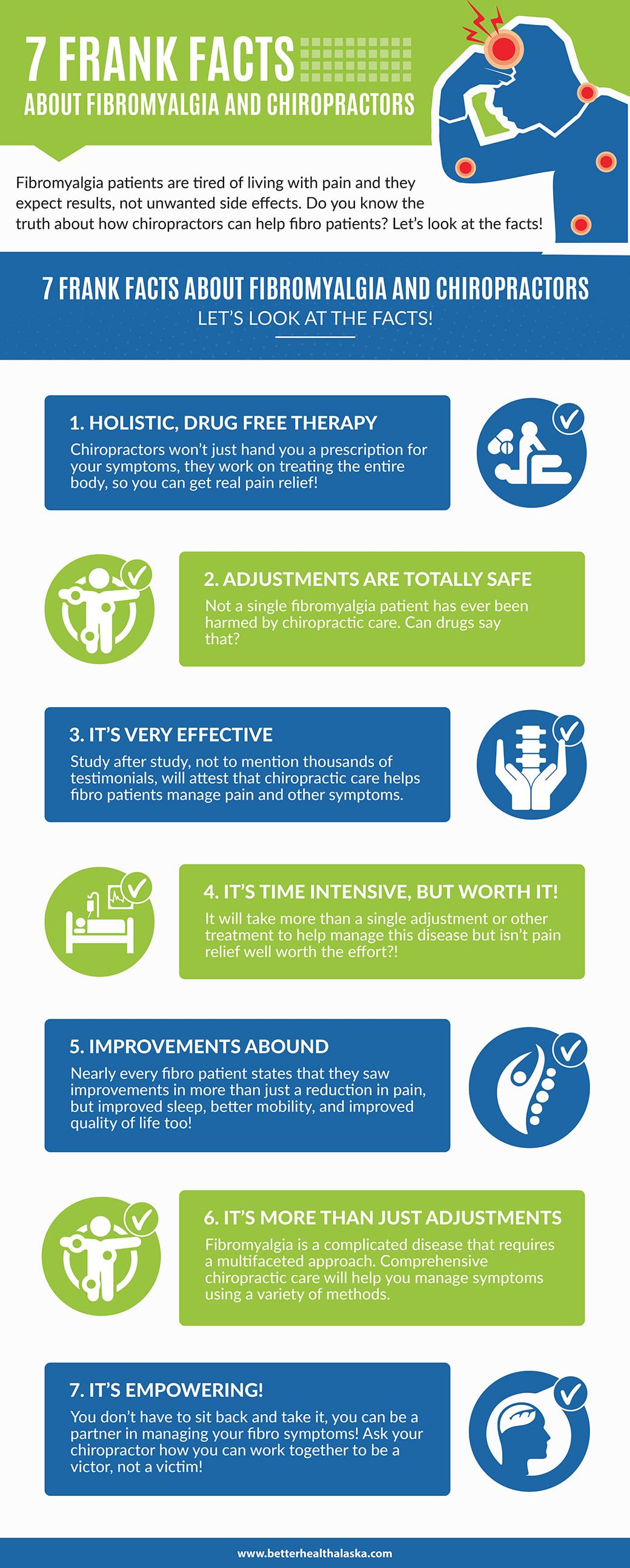Do Chiropractic Care Adjustments Develop Dependency? Making Clear Fact From Misunderstanding
Do Chiropractic Care Adjustments Develop Dependency? Making Clear Fact From Misunderstanding
Blog Article
Post By-Svane Nygaard
You may have listened to that chiropractic modifications can cause a habit forming dependence, however that's a common false impression. Several patients discover alleviation without developing any kind of form of addiction. It is very important to comprehend truth purpose of these modifications and just how they match your total wellness approach. So, exactly what does the scientific research say regarding chiropractic care and your wellness? Let's check out the facts.
Comprehending Chiropractic Adjustments and Their Purpose
When you think about chiropractic care changes, it's necessary to comprehend their purpose and just how they function. chiropractor tulsa aim to deal with imbalances in your spine and joints, promoting much better positioning and activity. By applying controlled force to particular locations, chiropractic specialists help relieve pain, enhance function, and enhance your general wellness.
Chiropractic care focuses on your body's capability to heal itself, emphasizing the link between the back and the nerve system. When your spine is straightened, it can minimize nerve interference, permitting your body to work efficiently.
Regular adjustments may likewise assist avoid future concerns, maintaining you active and pain-free. Inevitably, private concierge alternative medicine doctor austin tx offer to support your wellness, boost wheelchair, and enhance your quality of life.
Common Myths About Dependency and Chiropractic Care
Many people hold misconceptions concerning the partnership between chiropractic care and dependency treatment. One common myth is that chiropractic care changes create an addiction-like reliance. In reality, many clients find relief from discomfort and discomfort, however this does not suggest they create an emotional or physical addiction.
One more misconception is that chiropractic doctors are just trying to maintain you coming back for more modifications. The majority of chiropractic practitioners prioritize your health and aim for long-term health and wellness rather than constant gos to.
Furthermore, some think chiropractic care can replace conventional dependency therapies, but it ought to match, not replace, evidence-based treatments. Understanding these misconceptions can aid you make notified options concerning your health and wellness without dropping target to false information.
The Scientific Research Behind Chiropractic Care Adjustments and Client Experience
While some might question the efficacy of chiropractic changes, an expanding body of research sustains their role in alleviating discomfort and enhancing overall function.
Researches show that spine manipulation can minimize pain from conditions like lower back pain, stress headaches, and neck pain. When you undergo chiropractic treatment, the modifications intend to restore proper alignment, enhancing your body's all-natural recovery capacities.
Several clients report boosted movement and a higher feeling of well-being after treatment. Furthermore, the therapeutic connection you develop with your chiropractic specialist can improve your experience, as they provide customized care tailored to your requirements.
This combination of clinical backing and positive client experiences helps make clear why chiropractic adjustments work for lots of individuals seeking alleviation.
Verdict
Finally, chiropractic changes aren't addicting; they're developed to improve your well-being and promote positive health maintenance. By debunking the myths surrounding dependence, it's clear that these treatments can offer significant relief without developing a cycle of dependency. Welcoming chiropractic care as a complementary strategy to standard therapies can lead to better health end results. So, if functional doctor austin tx about modifications, rest assured that they have to do with enhancing your lifestyle, not producing a dependence.
